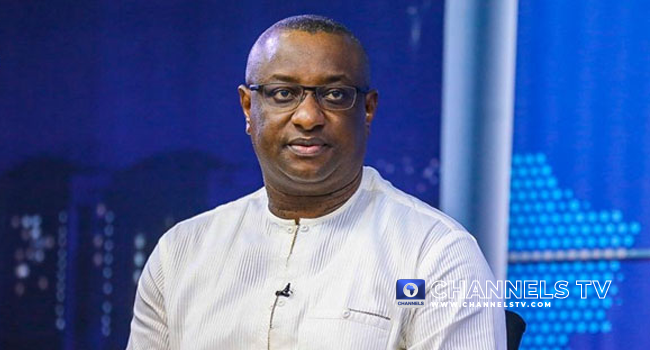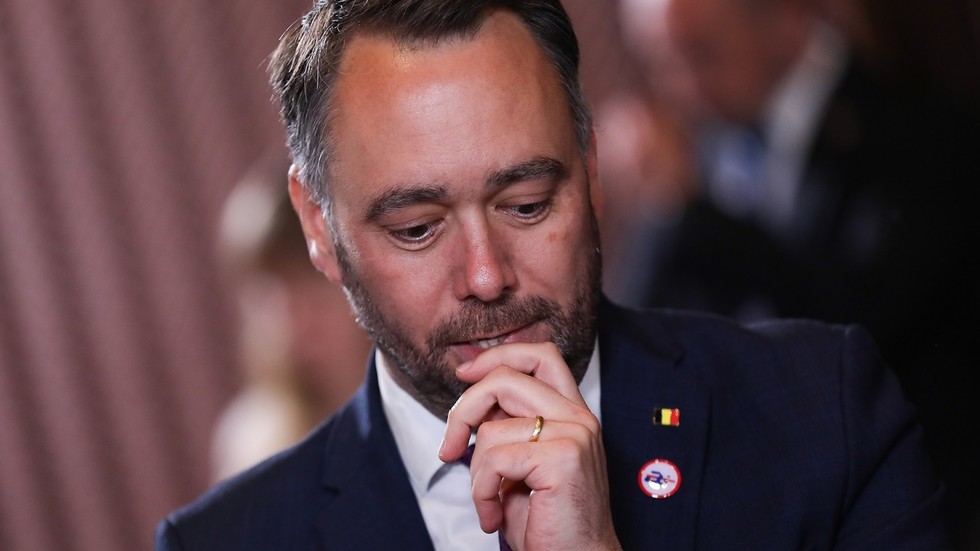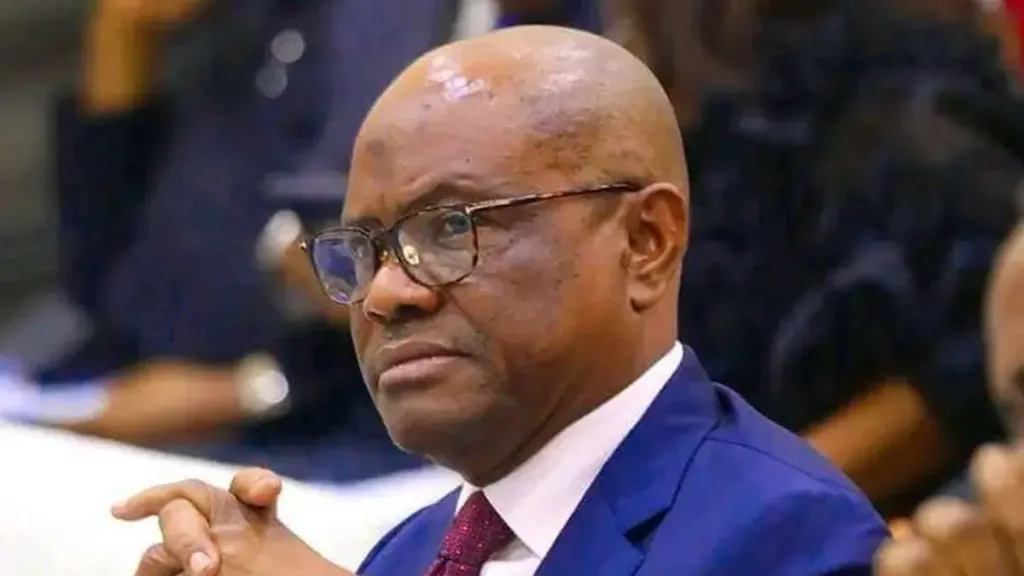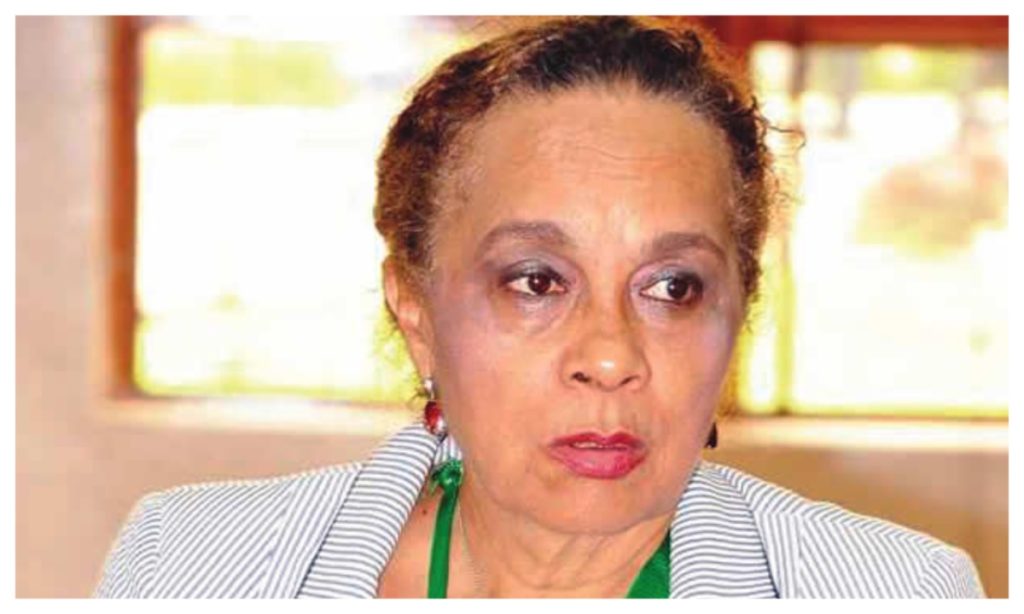Nnamdi Kanu’s Lawyer Explains Why His Trial Was Blocked
Aloy Ejimakor, a consultant to Nnamdi Kanu, the leader of the Indigenous People of Biafra (IPOB), has provided insight into why Kanu’s legal team blocked his trial. According to Ejimakor, the same reasons that led to the blocking of the trial are also why Kanu insisted that Justice James Omotosho of the Abuja Federal High Court should “show him the law” under which he was being tried. These reasons, Ejimakor believes, will likely lead to the Court of Appeal overturning Kanu’s conviction.
The charges against Kanu were initially brought under the Terrorism Prevention (Amendment) Act 2013 (TPAA 2013), which granted the Federal High Court extraterritorial jurisdiction without a double criminality requirement. However, in 2022, the TPAA 2013 was repealed and replaced by the Terrorism Prevention and Prohibition Act 2022 (TPPA 2022), which introduced a double criminality test as a condition precedent for the Federal High Court to assert extraterritorial jurisdiction.
Ejimakor noted that Kanu was extraordinarily renditioned to Nigeria in June 2021, and while the Court of Appeal discharged him in October 2022 due to this illegality, the Supreme Court in December 2023 upheld the validity of the trial on the charges despite the rendition and remitted the case for trial. The legal team had raised an objection to the court’s jurisdiction, citing the double criminality test under Section 76 of the TPPA 2022 and the failure to specify the foreign country from which the broadcasts were made.
The double criminality requirement, Ejimakor explained, fundamentally alters the legal definition of an extraterritorial offense. Under the TPPA 2022, an act committed abroad is only an offense if it has an impact in Nigeria and is also a crime in the foreign country where it was committed. The failure to specify the foreign country from which the broadcasts were made, Ejimakor argued, is a fatal jurisdictional defect that robs the Federal High Court of jurisdiction.
Ejimakor believes that the Court of Appeal will likely overturn Kanu’s conviction due to the prosecution’s failure to plead and prove that Kanu’s alleged acts constituted a criminal offense both in Nigeria and in the United Kingdom or Kenya, where the broadcasts were made. The identity of the foreign country, he noted, is not just a detail but a jurisdictional fact, and the prosecution’s failure to disclose this essential element of the offense renders the charge incompetent and prevents the court from establishing a key jurisdictional fact.
In summary, Ejimakor’s explanation highlights the significant legal barriers to the prosecution and conviction of Nnamdi Kanu, including the double criminality requirement and the defective charges. The case is expected to proceed to the Court of Appeal, where these issues will be reconsidered. The outcome of the appeal will have significant implications for Kanu’s case and the application of the Terrorism Prevention and Prohibition Act 2022 in Nigeria.



